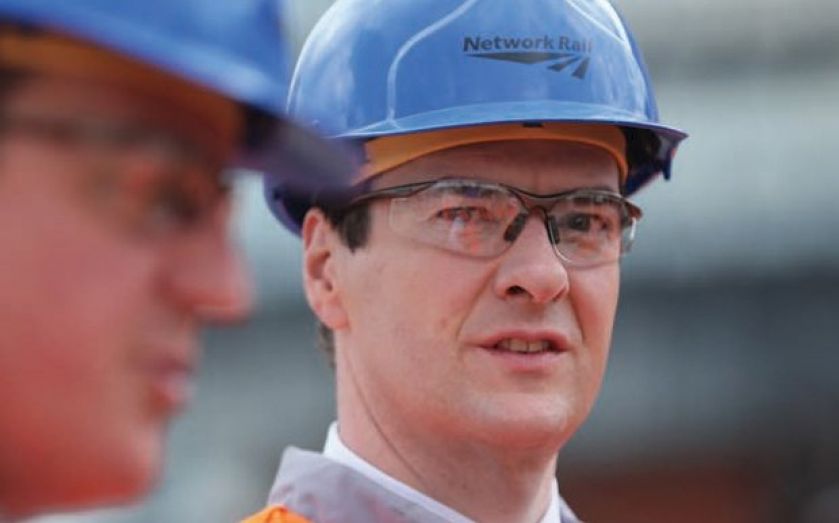Hats off to our deficit-cutting bankers – CNBC Comment

Nice work gents… I don my hat.” Those forex-rigging traders copped some decent lingo. But it could quite easily have been George Osborne.
That’s not to suggest the chancellor was pleased about the manipulation of the $5.3 trillion a day market, of course, But rather that he’s made an even bigger turn than the numpty traders who were playing fast and loose with the price of the dollar. After all, the fines that the five banks have coughed up will now go straight into Osborne’s pre-election coffers. Last week’s capers will add another £1.1bn to the previous booty, making a total of £2.2bn. Nice work, indeed.
Now you may think that there’s no better way to redistribute wealth than to take it from crooked bankers. But it’s a bit more complex than that. Traditionally, fines were kept by the UK regulators that levied them – like in most major financial markets around the world. But the sums involved started getting bigger – too tempting, maybe, for a cash-strapped chancellor behind on his deficit reduction plans.
In 2012, Osborne muscled in on the money regulators were hoovering up from the banks via a nifty rule change. Even so, for a while he made a big play over the money being redirected to charities – especially for the armed forces. As he put it at the time in the House of Commons, the fines from those who demonstrated the worst possible values would go to those who embodied the best. Some £35m has gone to military charities, £20m for armed forces’ veterans and childcare support, £1m to the Invictus Games, £1m to the poppies at the Tower of London – and a further £1m for showing the poppies nationally.
Who could object to that? Well no one – until you add it all up and see that only £118m has actually been spent from the £461m Libor money. The Treasury won’t even answer where the rest is. As for fines collected outside of Libor, like FX, well those really have had the chancellor rubbing his hands – because they will wing their way to the government’s consolidated fund, the pot to which all tax receipts go and from which all public spending comes.
Come the Autumn Statement on 3 December, those funds will be pretty handy, especially as Osborne is facing the embarrassing prospect of having to admit that government borrowing this year will be higher than last.
Now, clearly some of the money will find its way to good causes. But this is, after all, the run-up to one of the most closely fought elections in modern history. Perverse though it may sound, Osborne has done very nicely out of these recalcitrant bankers. Why, he must be drooling at the prospect of another scandal. The gold price, perhaps? Chapeau!